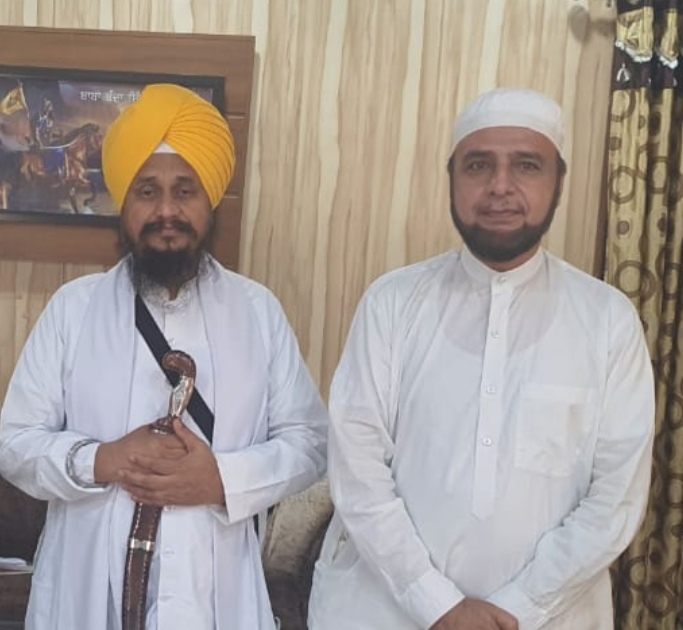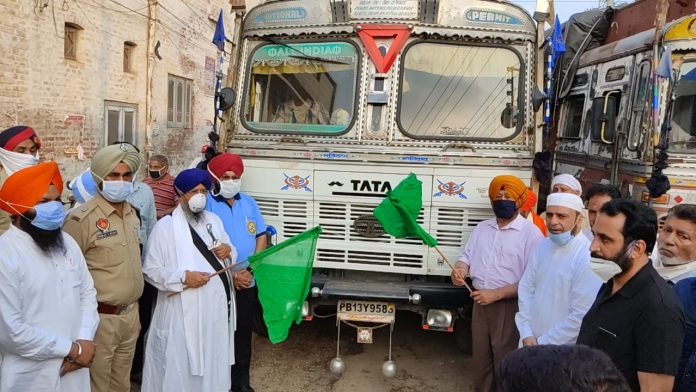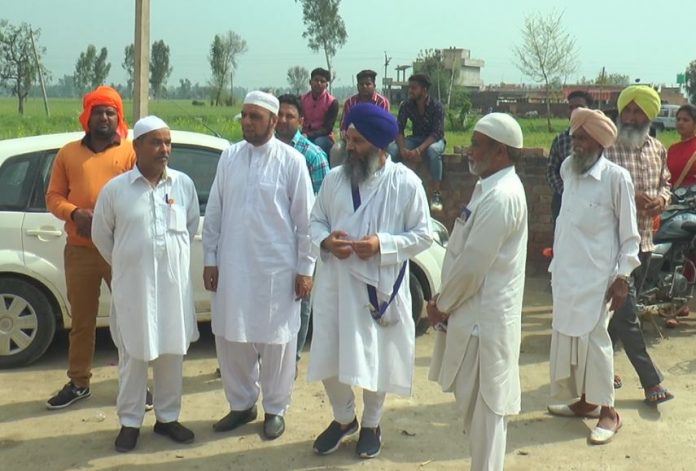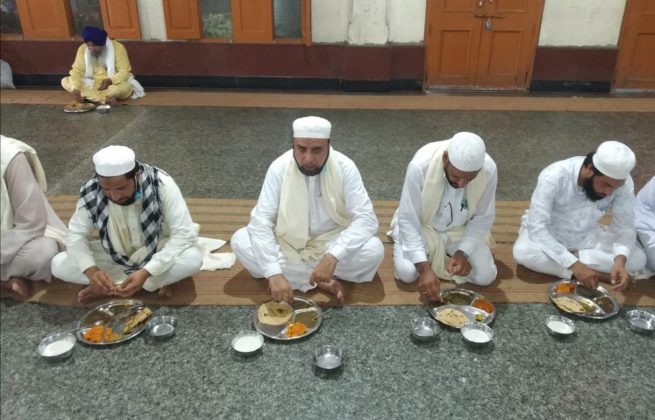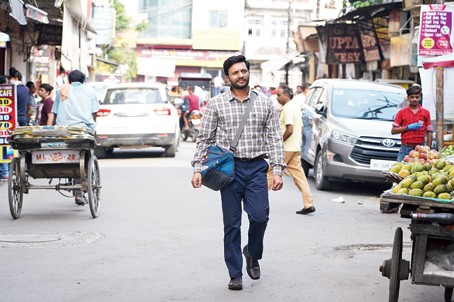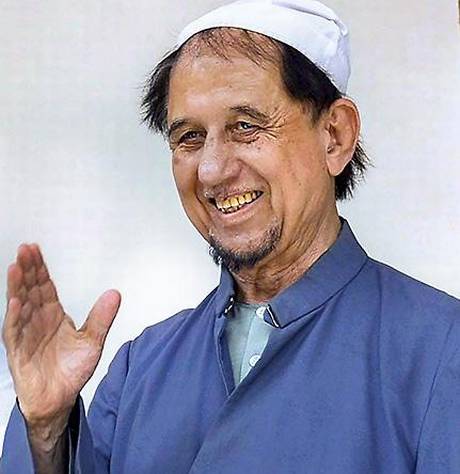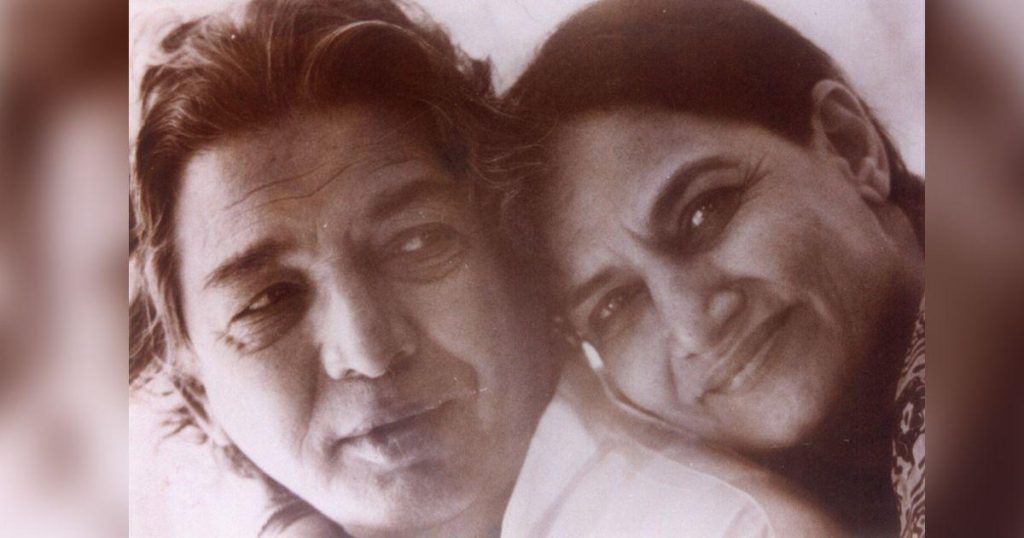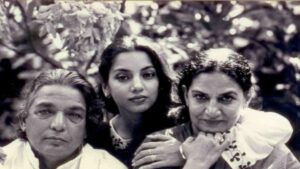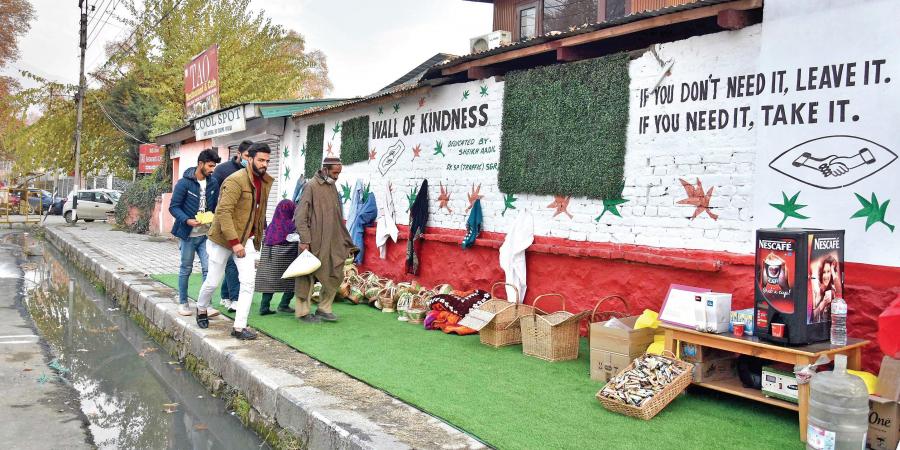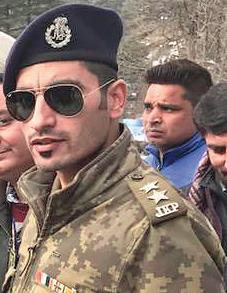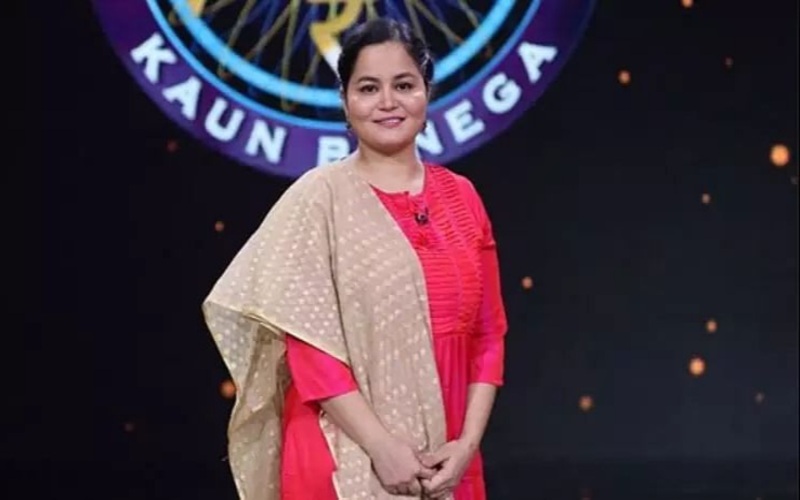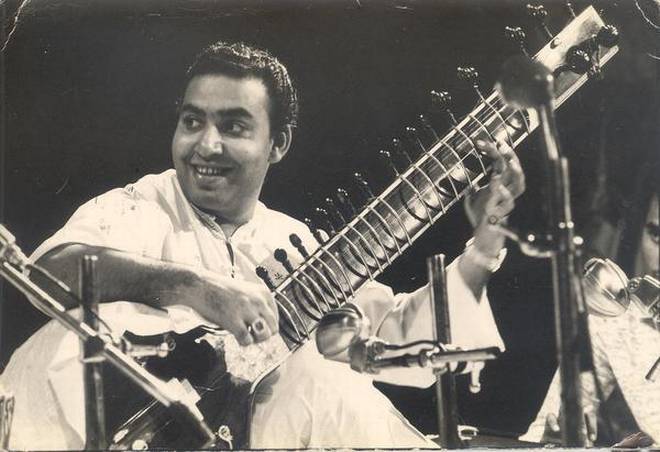Bhopal, MADHYA PRADESH /Lucknow, UTTAR PRADESH / NEW DELHI :
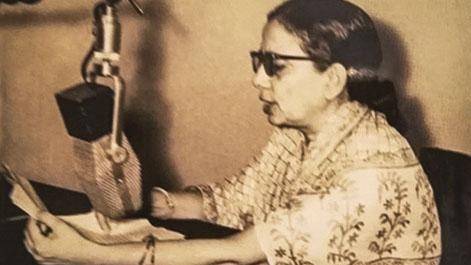
Saeeda Bano’s Dubai-based granddaughter, Shahana Raza, tells WKND about rediscovering her ‘Bibi’ when she took on the task of translating her memoir.
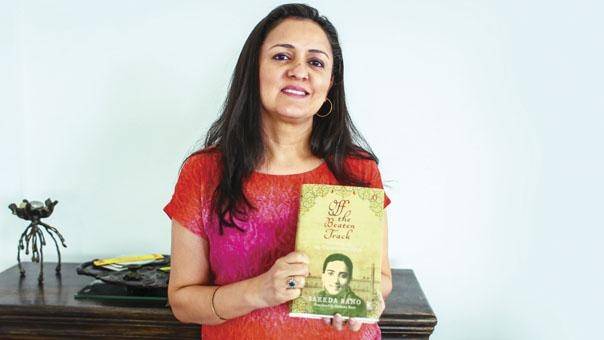
(Shihab)
One of the pioneering women of the 20th century who probably didn’t get the recognition she deserved in her lifetime was Saeeda Bano, the first woman in India to work as a radio newsreader on All India Radio (AIR) in 1947. However, Bano (fondly known as Bibi) did leave behind a poignant autobiography called Dagar Se Hat Kar in Urdu that was published in 1994. The book has now been translated into English by her granddaughter, Shahana Raza, a Dubai-based writer and journalist, and is titled Off the Beaten Track.
In a chat with KT, Raza reveals that she translated the Urdu memoir into English so that more people could read about the unconventional yet inspiring journey of a woman of indomitable spirit — her grandmother Saeeda Bano. Excerpts from the interview:
What led you to translate your grandmother’s memoir into English after so many years?
Dagar Se Hat Kar was published in 1994 in Urdu. My grandmother, whom I fondly called Bibi, suffered a paralytic stroke soon after. During that time, when I visited her in New Delhi, she asked me if I could translate the book into English for her. I told her that it was written in a language that I understood, but couldn’t read or write. She remained quiet then, but a few days later when I was leaving for the US to make a life for myself, I received a parcel containing eight audio cassettes from her close friend, who told me, “Bibi asked me to read and record the entire book onto these tapes, just so that you could translate them into English.”
The tapes travelled with me to the US and stayed with me till I settled down in Dubai in 2000. I did try transcribing them once before, but was intimidated by the heavy Urdu vocabulary. I delayed it until three years ago, when my dad motivated me to try again.
What is the story behind Bano becoming India’s first female voice on All India Radio?
An excerpt from the book tells us that, in 1938, a radio station was set up in Lucknow that also held shows for women and children; these were also hosted by women. My grandmother started participating in the radio shows regularly. When things on the personal front got a bit turbulent, she sent her application to BBC in New Delhi for a news reader and she got accepted. She moved from Lucknow (her husband’s house) to New Delhi with her younger son and took up accommodation at the YWCA and began working at AIR full time.
What made her life an unconventional one?
Although I always saw Bibi as a bold, independent woman who was truly ahead of her times, it was after reading and translating her book that I understood she was truly a force to reckon with.
Back in 1947, she had walked out of her marriage and decided to lead life as a single, working woman, which was unheard of at that time. She had all the possible comforts of life when she lived in the ancestral house in Lucknow with her husband and in-laws — but when she realised it wasn’t going in the right direction, she took the bold step of walking out of it along with her two boys, Asad and Saeed. She moved to New Delhi after putting her elder son in a boarding school and stayed in a women’s hostel in Delhi. Apart from making professional strides where her career soared as she started doing more shows on All India Radio, she was also quite candid about her relationship with a married man — something not many would do even today.
What are some of your favourite chapters in the book and what did you like about them?
The initial few chapters of the book are captivating, as Bano gives a very vivid description of the way people lived in the early 20th century, beginning with the life of her mother, who got married when she was 14. She gives a riveting description of how people traveled in palanquins and how the palanquin bearers communicated with each other; how homes were lit with oil lamps, and the way they were designed to keep women away from the public eye. Since the purdah system was practised by both Muslims and non-Muslims of that time, homes were designed in a way that there were no openings (windows) towards the façade of the house. It simply transports you to that era and gives you a glimpse of the socio-cultural setup of that time.
What aspects of Bano’s personality did you think stood out? Who or what shaped her ideas?
Bibi’s early days were spent in Bhopal, which I believe played a crucial role in moulding her personality, as the city was run and ruled by women (Nawab Begums) for four generations. The women of Bhopal were very empowered and were aware of their unique identity; they were encouraged to study and go out to women’s clubs, where they learnt how to live a life independently without the need for male approval.
She lived her life on her own terms and never bowed down to societal pressure. I never saw her doing anything that a traditional grandmother would do, like cook or oil our hair. I always saw her as a gutsy, fearless woman who drove around the city on her own, lived alone, and didn’t seek support from anyone — even in the lowest phases of her life. Her sheer determination always stood out, as she never looked back and regretted any of her decisions.
What are the key takeaways from the book? What would you want to imbibe from her?
Something that I really understood from her book was the importance of individuality. There is more to us than we are socially. We always try and slot ourselves into relationships — mother, daughter, sister, wife etc. Bibi taught us how to claim our identity. She never went back to her parents when her marriage didn’t work. She just used whatever skills she had to find a job and support herself. Even today, not many have the courage to take such a step. To me, the step that I would call the defining moment of Bibi’s life would be leaving her extremely comfortable life in Lucknow, where she would drive a convertible car, to move to a new city, New Delhi, where she would mostly commute on foot because she wanted to save money. The most invaluable lesson I learnt from this book is how, sometimes, to reclaim your identity, you may have to forgo the comfort and security of being in a family.
(Off The Beaten Track is available at Ciel bookstore in Dubai.)
saman@khaleejtimes.com
source: http://www.khaleejtimes.com / Khaleej Times / Home> WKND> Interview / by Saman Haziq, Dubai / November 27th, 2020
